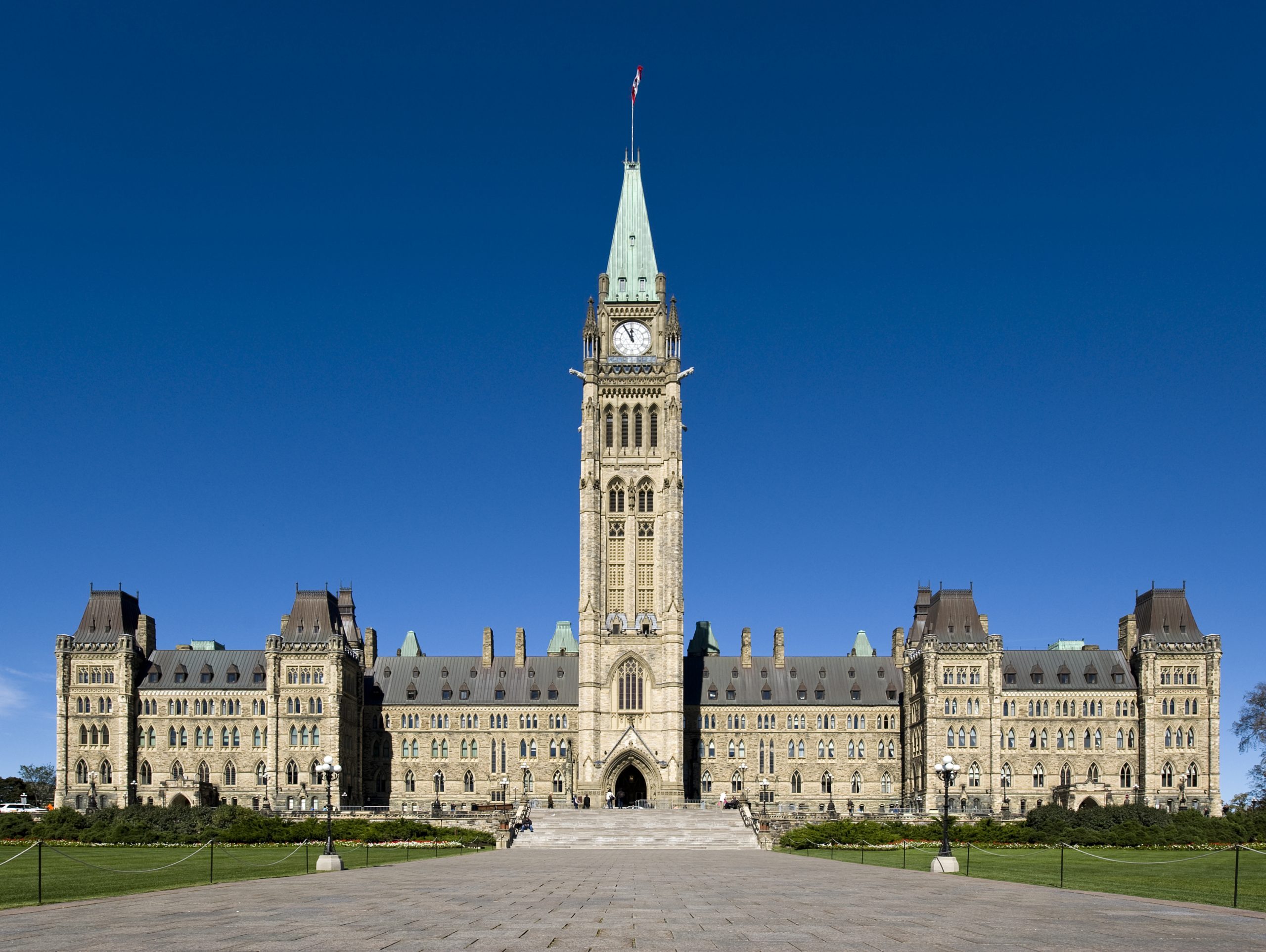Mr. Holle: Thank you very much for allowing me to comment this evening. It’s a complicated piece of important legislation.
A little background for you: the Frontier Centre for Public Policy is a Winnipeg-based public policy think tank. We now have offices in Saskatchewan and in Alberta. The think tank focuses on high performance public policy. We are a growing organization. Our budget’s about one and a half million dollars a year now. We do not accept any government funding, so we really have no incentives to talk about ideas that expand government spending, management, and control of our economy.
This legislation has some special relevance to me because I was involved in the design of the original balanced budget law back in the early ’90s. I was the director of the Manitoba Taxpayers’ Association, and the model legislation that was developed at the Taxpayers’ Association was largely adopted in the 1995 legislation.
A little bit of history: the balanced budget law that was passed in 1995 was and has been generally recognized as the best and most vigorous legislation of its kind in Canada. I do recall the Canada West Foundation doing analysis of this. It was ranked by far the best in Canada at the time. I don’t think that has changed much.
The balanced budget law was a centrepiece issue of the 1995 Manitoba election. The party that promoted it won the election. I do recall that the present government achieved power in 1999 by promising to maintain the balanced budget law intact. I believe the amendments proposed in Bill 38 break that promise.
I want to talk a little bit about Manitoba’s situation. The ultimate value of the balanced budget law is to shift the focus of policymakers from resource reform to structural reform. When I talk about resource reform, it’s about simply pouring more money into old public policy models, which has been the practice in Manitoba. Ideally, you want to go to a structural reform form of public policy where you are looking at new models, where you are trying to break monopolies, increase value for money, bring more transparency into public policy.
Unfortunately, we have had a federal policy on transfers which, frankly, in my opinion, has been quite naive. Talking about something called the fiscal imbalance and the rapid increase in federal transfers over the last several years has largely short-circuited any pressure to rethink and modernize public policy in Manitoba. Federal transfers have increased from 32 percent of total spending in 1999 to about 37 percent this year. If we look at Manitoba provincial spending as a percent of the economy, it is the highest in western Canada.


